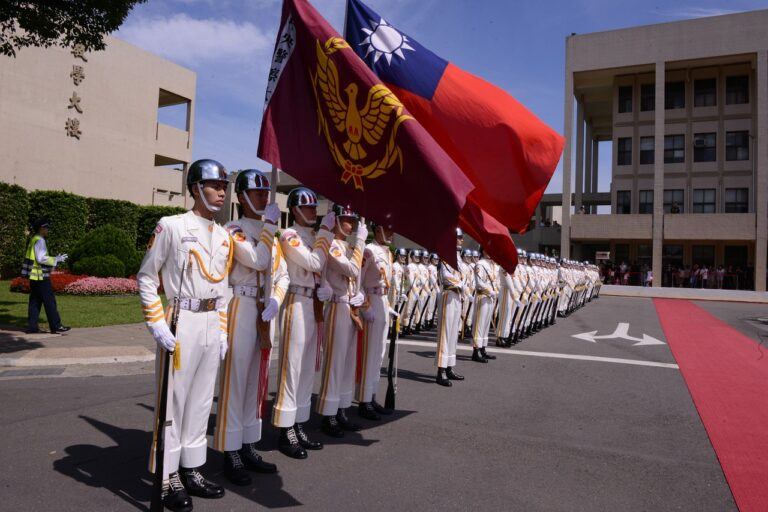The government of Taiwan has recently cracked down on anonymous cryptocurrency transaction, as it reportedly ordered cryptocurrency exchanges operating in the country to identify their users through know-your-customer (KYC) checks.
According to Finance Magnates, the move was made by amending laws related to money laundering and terrorism finance. New regulations now allow local banks to reject anonymous transactions, which they should report to the country’s financial watchdog, the Financial Supervisory Commission.
Through a statement, Taiwan’s Ministry of Justice revealed that national laws regarding financial crimes hadn’t been amended for two years, and the changes will “align Taiwan more closely with the rest of the world.” To ensure these are enforced, fines of up to 50,000 yuan ($7,200) for individuals and 500,000 yuan ($72,000) for financial institutions have been introduced.
The move sees Taiwan follow in the footsteps of the EU Parliament, and of Japan’s Virtual Currency Exchange Association (JVCEA), which is now authorized as a self-regulatory body. South Korea has also banned cryptocurrency traders from using anonymous accounts, and cryptocurrency exchanges like Changelly have revealed they may withhold users’ XMR if they deem it necessary.
Despite Taiwan’s move Wellington Koo, the chairman of Taiwan’s Financial Supervisory Commission (FSC), has revealed the country doesn’t plan on following in the footsteps of some of its neighbors – South Korea and China – and ban initial coin offerings (ICOs).
Nevertheless, some believe China’s crackdown on cryptocurrencies is influencing Taiwan. While the region is fully self-governing, the People’s Republic claims sovereignty over it and has threatened to use military force if it claims independence.
Cryptocurrencies in Taiwan
Taiwan’s new amendments to curb money laundering with cryptocurrencies shouldn’t come as a surprise. Back in April Qiu Taisan, the country’s Justice Minister, called for regulations that would go into effect this month. Their goal is to stop cryptos from being used for illicit activities, and not clampdown on then ascent industry.
Regulators in the country have, in fact, been supportive of blockchain technology and cryptocurrencies, so much so they have considered allowing convenience stores in the country to facilitate crypto to cash transactions.
During the Asia blockchain Summit in July of this year, in Taipei, Koo revealed the financial watchdog supports blockchain technology’s development, while minister Chin Mei-ling of the National Development Council noted the government would encourage it.
Per Mei-ling, it would be good for Taiwan to become an international hub for blockchain technology. Despite these approaches Yang Chin-long, the governor of Taiwan’s central bank, has said cryptocurrency transactions lack the trust element found in fiat currencies and in the traditional financial system.









